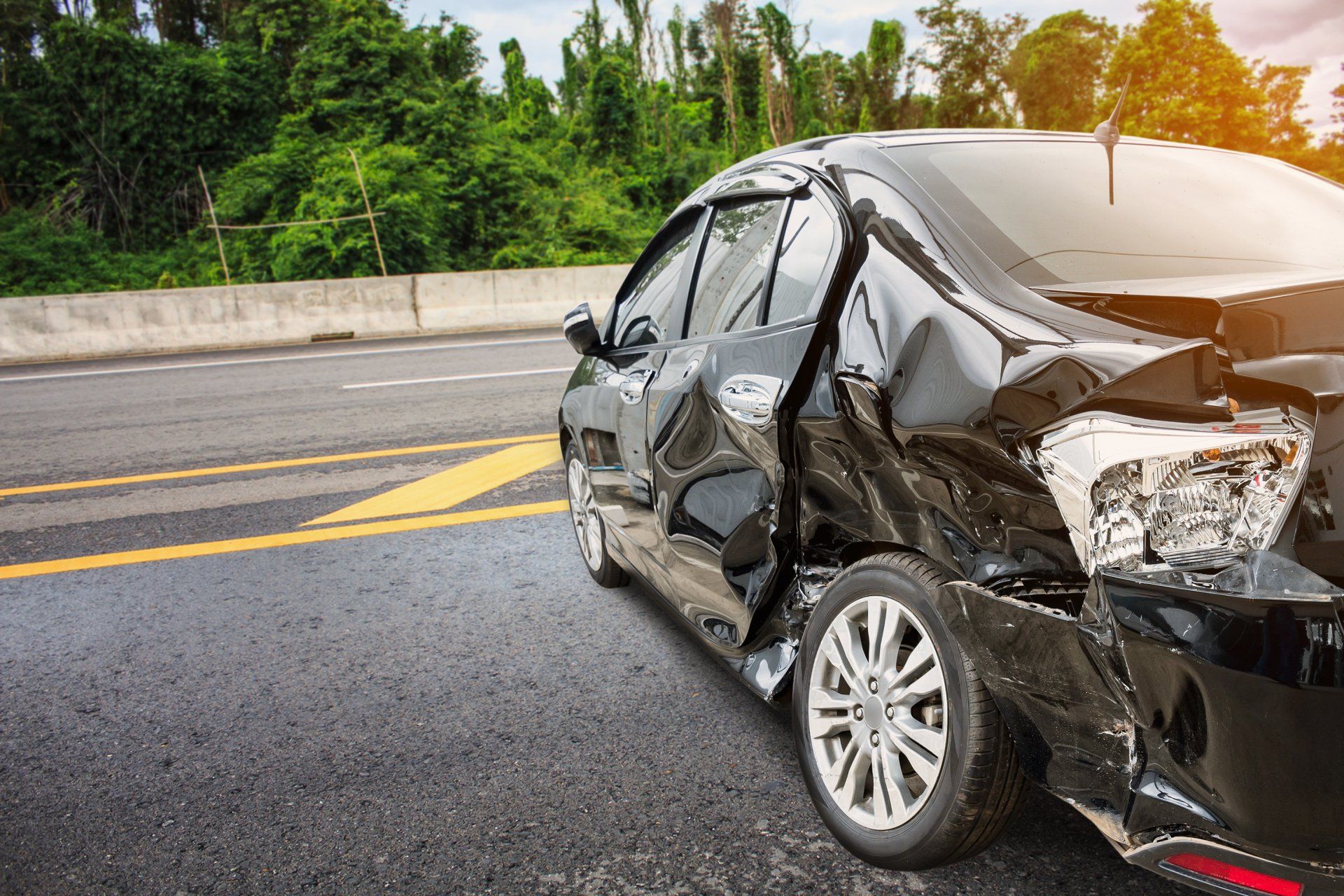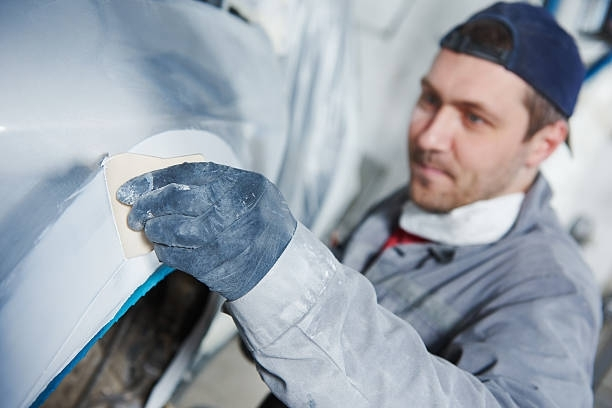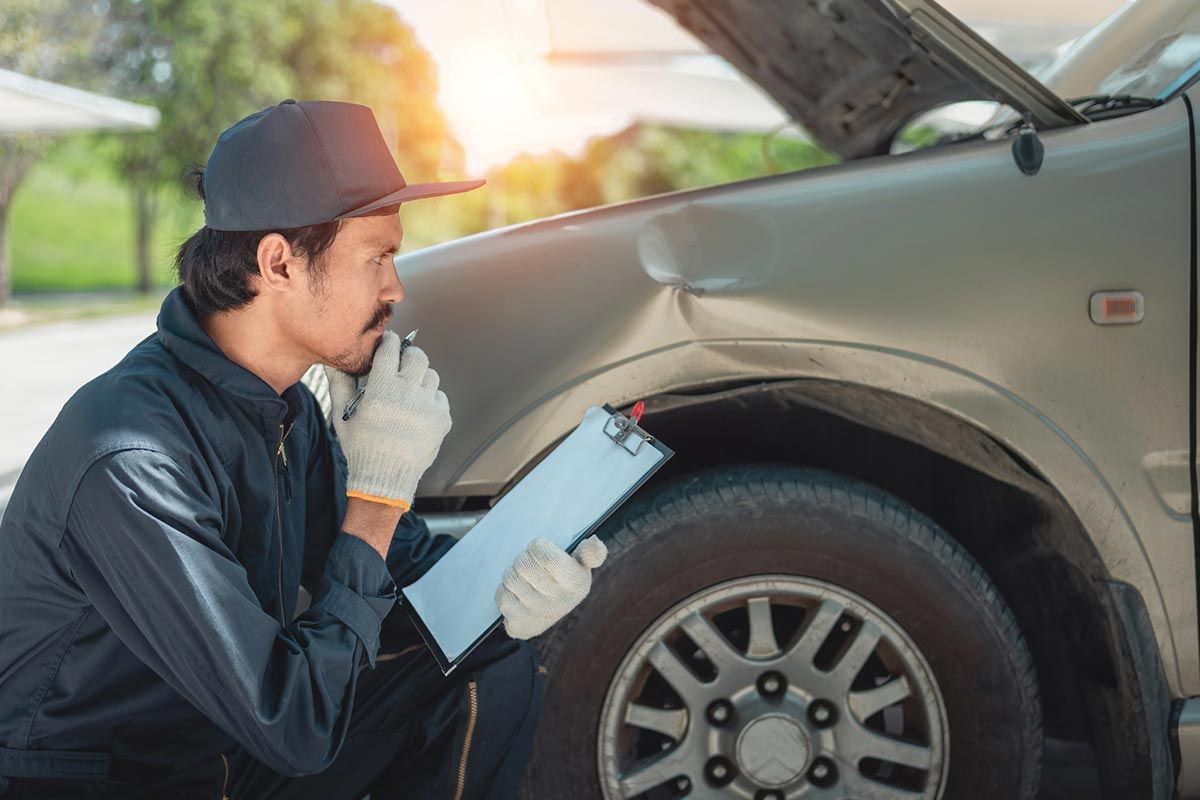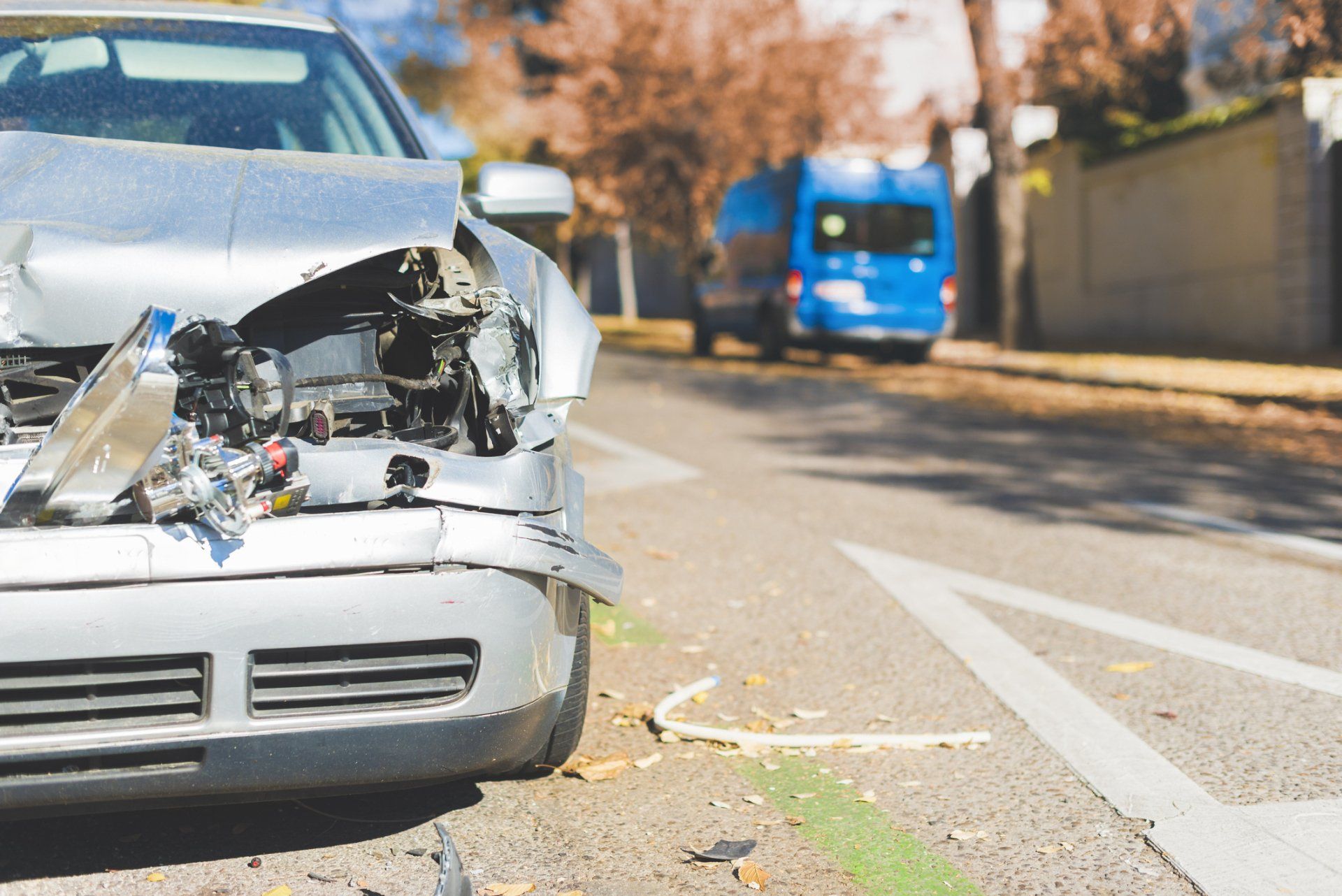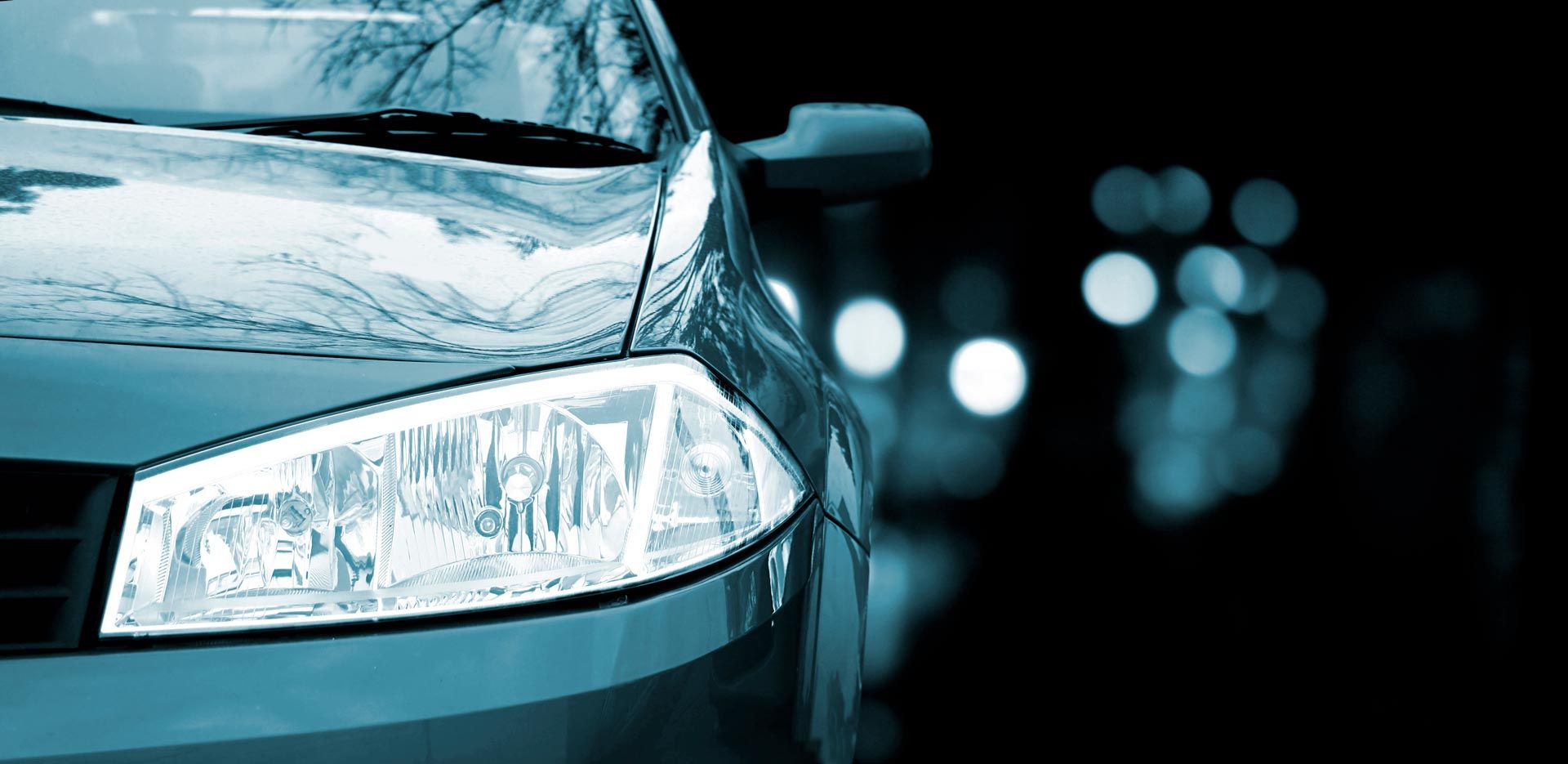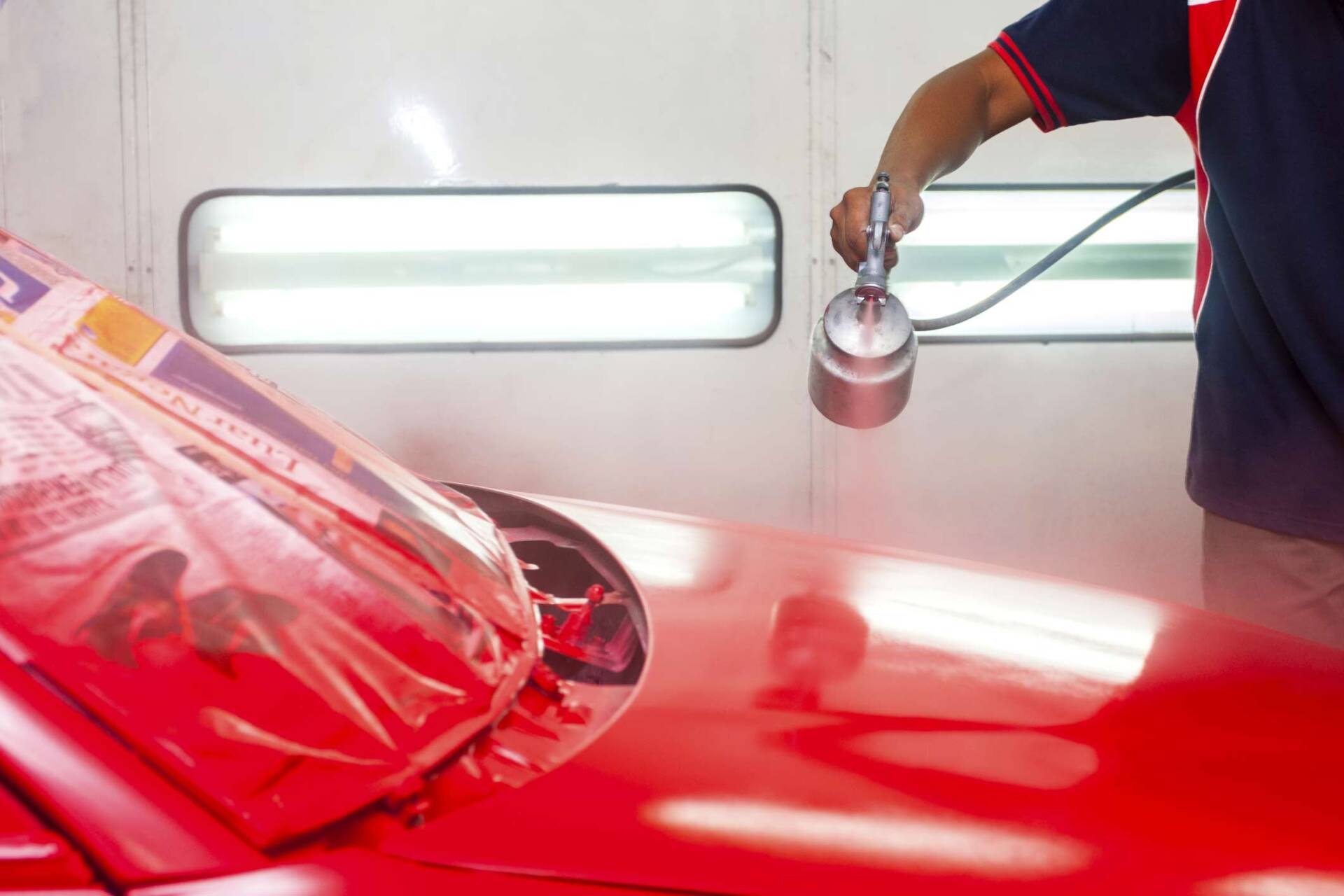4 Hidden Problems You Might Expect After a Rear-End Collision
August 5, 2021
Distracted driving is among the top reasons behind rear collision accidents. Rear-end collisions may sometimes appear to have minor effects. But one minor collision can house a whole lot of issues that you might not even know about.
1. Auto Frame Damage
Your auto frame forms the basic skeleton upon which all your car's components are attached to. During a rear-end collision, the accidental impact crashes your bumper and can go straight through the frame. As a result, the frame might bend and create unexpected problems with your car.
A bent frame is often a weak frame. The whole car might become misaligned, and you'll have difficulty controlling your car while on the road.
2. Transmission Problems
Both rear-wheel drive and all-wheel drive vehicles have their transmission systems towards the back of the car. Such auto models can suffer heavy transmission damage in case of a rear collision. Even a seemingly minor rear accident can cause the transmission components to shift positions and create more problems long after the incident.
For instance, transmission fluid could leak out from the spaces from the misaligned components. You might notice unusual noises when shifting gears or a generally poor engine acceleration. Also, your exhaust system may take a hit with the tailpipe falling out of position after impact.
With a broken exhaust system, you're likely to have problems with your car's catalytic converter and other equally important parts of the vehicle.
3. Wheel Alignment and Suspension Issues
Your vehicle's suspension system consists of tires, shock absorbers, and springs, all working together to allow your car to move. However, a rear-end crash can damage the suspension and cause your wheels to fall out of alignment with each other.
At first, you might not be quick to notice the signs of wheel misalignment. But after you start driving, you might notice that your vehicle feels much more difficult to steer. Also, the wheels may feel wobbly and generate strange vibrations whenever you hit the road.
Misaligned wheels make your car especially dangerous for you and other road users. Moreover, your tires wear out unevenly, and you might notice your car pulling to one side when you're driving.
4. Faulty Electrical Systems
Your car has different electrical systems to help maintain easy operation and functionality. However, a rear collision - no matter how minor - can cause loose wire connections. Faulty wiring can affect both your tail and brake lights and sometimes leave you with a dead battery.
While brake light damage is more obvious, the more subtle electrical problems are what should worry you. For instance, parking cameras and backup sensors in modern vehicles can suffer damage from the impact. In such a case, your sensors might not detect any objects nearby while you reverse.
The rear cameras may also point in the wrong direction if they've shifted. You're more likely to bump into something without your rear camera or sensors. To be safe, always ask your auto repair expert to examine the electrical wiring if you've recently had a rear-end collision.
When someone hits your car from behind, a quick fix isn't all that your car needs. Parts of your car may develop deeply seated problems that are often easy to miss. If you're involved in a rear-end collision and aren't sure where to start, contact us at Automotive Super Sports
for a thorough auto checkup.
Do you want to take care of your car? Discover specific signs that indicate that you should have a professional check your car at a repair shop.
While not all car accidents are fatal, they cause some vehicle damage. Read on to discover signs of hidden vehicle damage to watch for after an accident.
Common types of auto body damage include paint scratches, collision damage, dings and dents, weather damage, and windshield damage. Read on for more.
Keep yourself protected on the road with four helpful things to know about your headlights in connection to auto accidents. Read on for more information.
As a vehicle owner, you should know what elements can damage your car's paint job. Discover four of the most common to watch out for.

